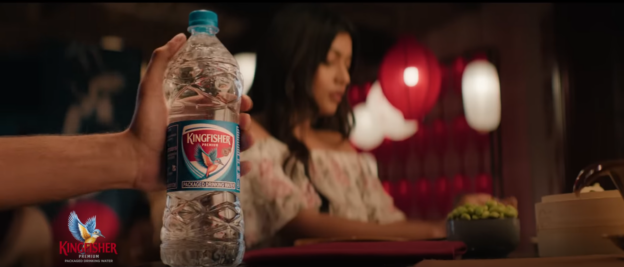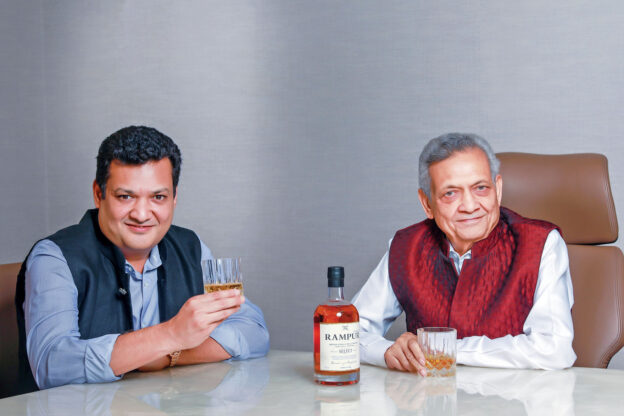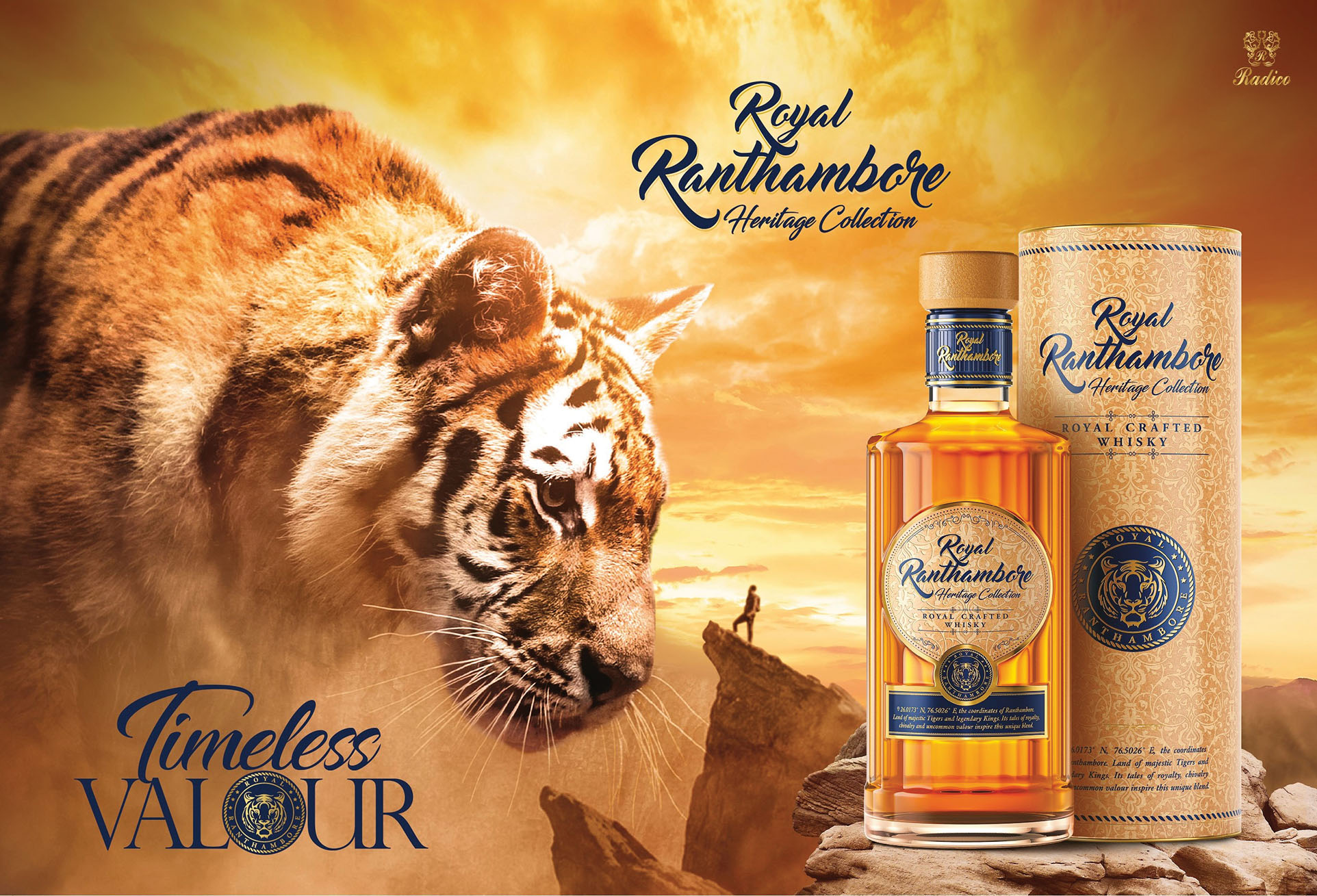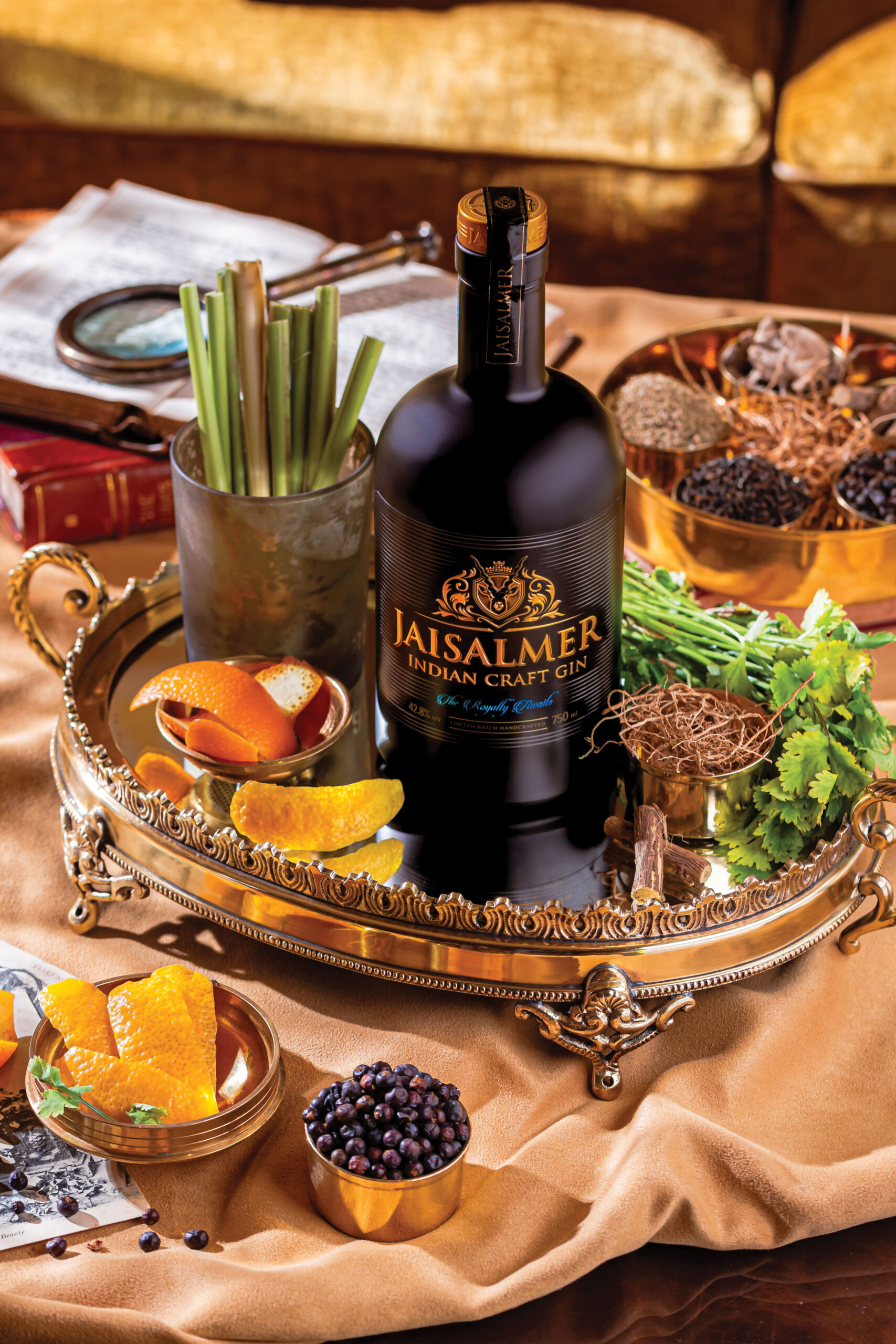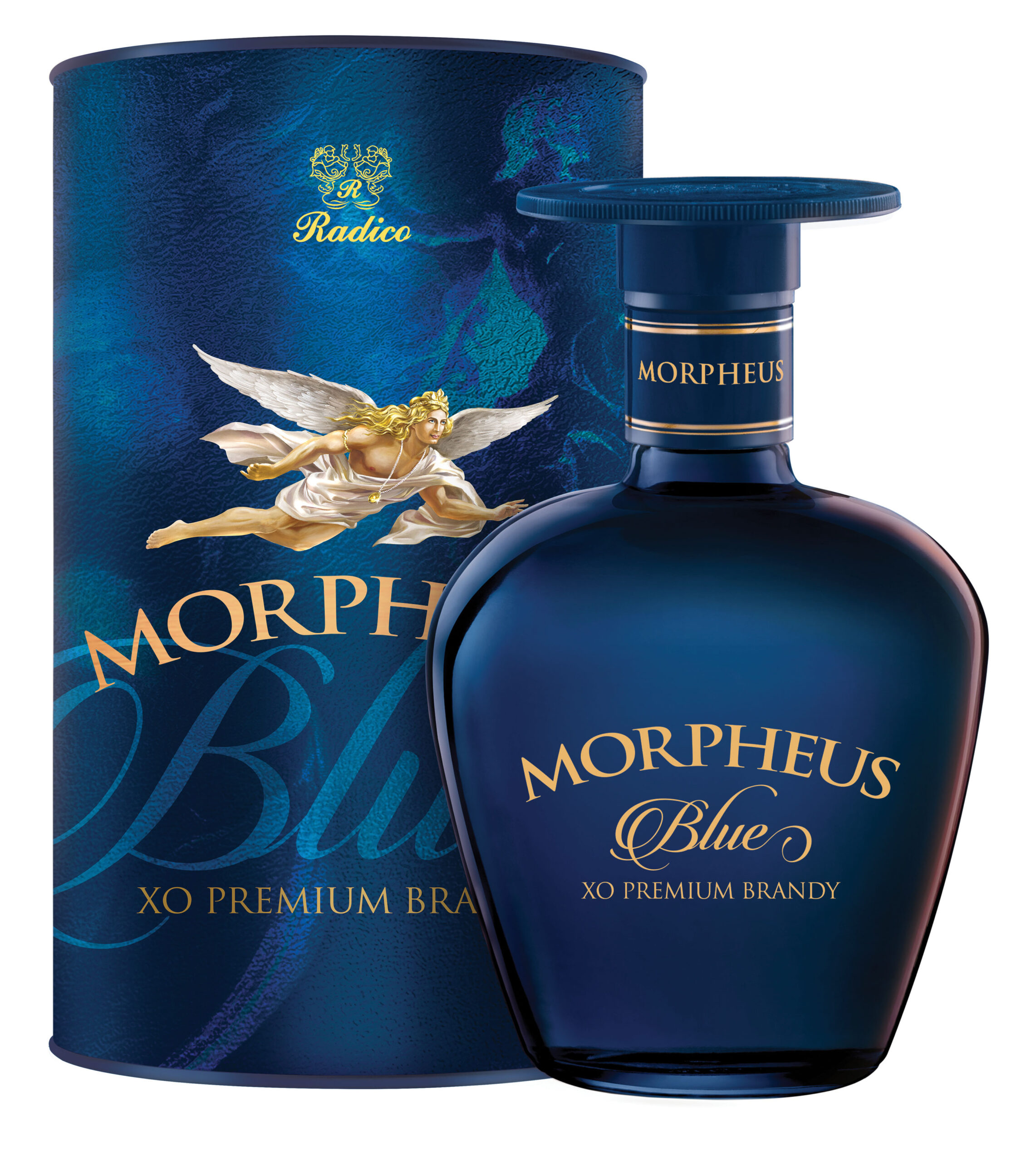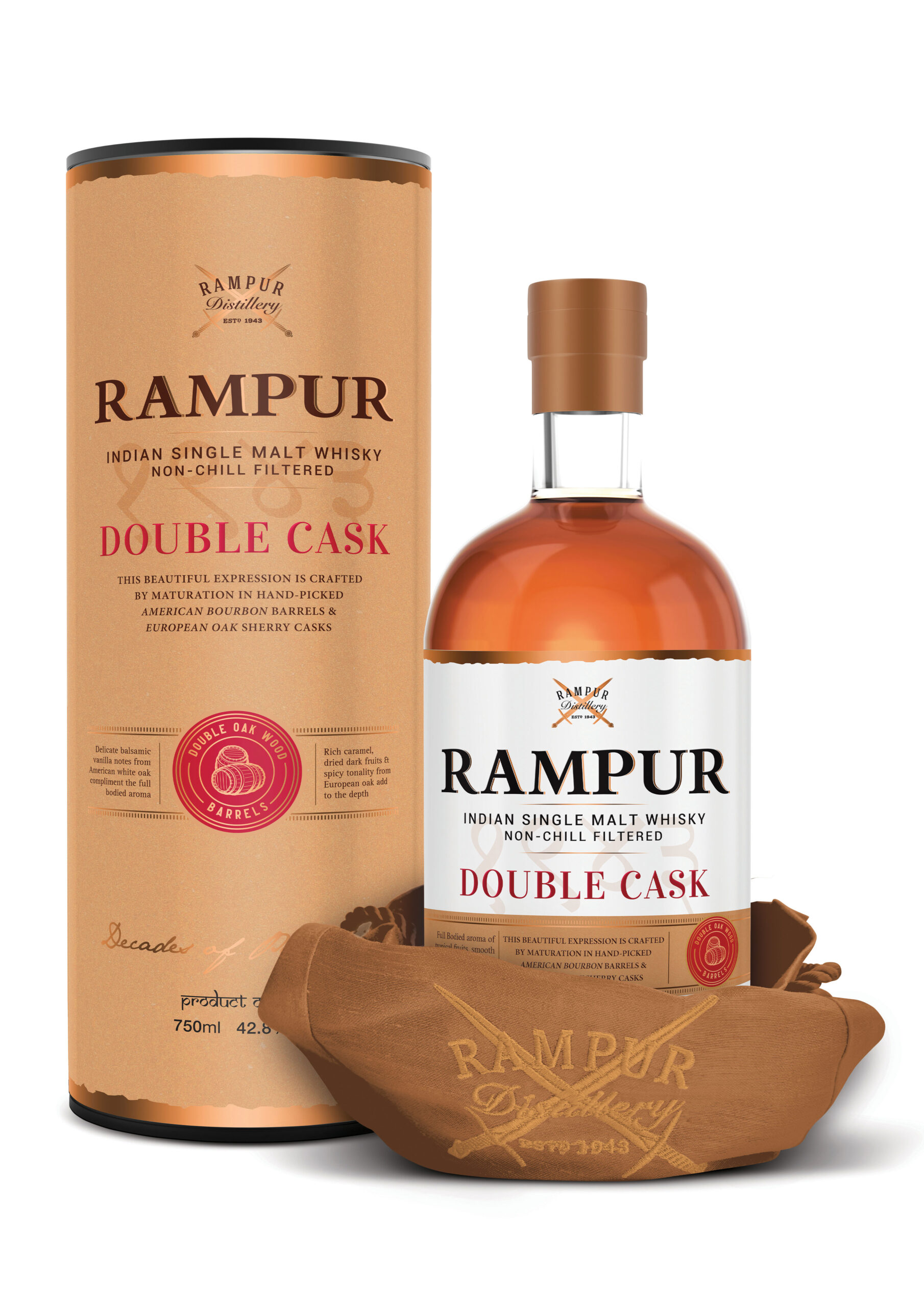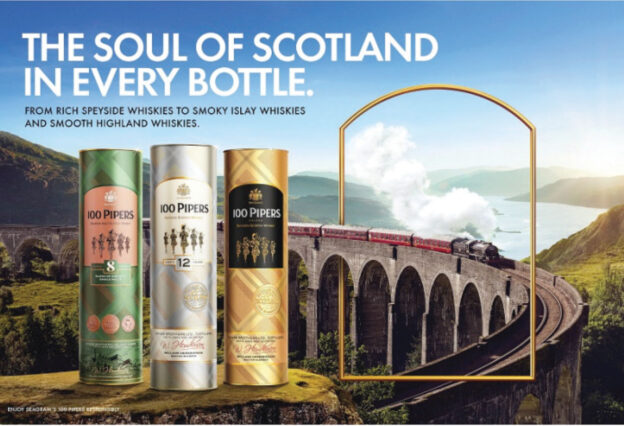- Central Consumer Protection Authority monitoring surrogate advertising, brand extensions
- 17th edition of IPL, big ticket event begins, liquor companies looking at eyeballs
- Advertising Standards Council of India too tracking
The Central Consumer Protection Authority (CCPA) has issued a directive to liquor companies to ensure that there is no violation of advertising norms and has sought a list of brand extension products sold under the same name as alcohol products in the last three years. Some examples of brand extension products include mineral water, soda, music CDs, playing cards etc.
The CCPA gave this directive on March 19 after it observed that some liquor brands had been violating regulations of surrogate advertising. Hence, it has sought details of revenue, turnover data related to the sale of alcobev as well as the brand extension products. It directed companies to provide details of expenses incurred in event sponsorship, payments to celebrities and influencers and television advertisements during the last three years, in its bid to correlate between actual sales of the brand extension product and the money spent on event promotion / advertising etc.
The CCPA Chief Commissioner, Rohit Kumar Singh said “This assessment is critical for determining whether promoting of brand extension products authentically represents the extended product or functions as a surrogate for alcoholic beverages under the same brand.”
He further said “The industry is advised to ensure that all brand extensions follow the broad principles of advertising only genuine extensions (that is, turnover and distribution in proportion to advertising spends), and ensure that advertisements contain no cues of restricted category such as tag lines and layouts and do not unduly suppress the category name and extension being advertised.”
Last edition of IPL fetches Rs. 10,120 crore from advertising
The CCPA order comes ahead of the 17th edition of Indian Premier League (IPL) which kicks off on March 22. It may be mentioned here that the 16th season of IPL saw the tournament pocketing a whopping Rs 10,120 crore from all forms of advertising revenue, a significant growth as per market research and analysis firm Redseer Strategy Consultants.
Cricket gets the maximum eyeballs in India and advertising during matches have helped in brand development. During the last ICC World Cup cricket held in the Indian sub-continent, brands spent about $240 million in advertisement spots on streaming platforms. A 10-second advertising slot during matches costs up to 3 million rupees, a 40% increase compared to the last World Cup.
One of the big sponsors is Bira91, fast growing craft beer brand, had entered into a major five-year deal with the International Cricket Council, becoming its Official Partner for the ICC Cricket World Cup 2023, ICC T20 World Cup, ICC World Test Championship, ICC U19 Cricket World Cup and the ICC Women’s Championship. This is Bira91’s first foray into sports and as an official partner, it integrates the partnership across broadcast and digital platforms, and in-venue activations at all ICC events through their range of products. And now in the IPL, Bira91 is also one of the sponsors for Royal Challengers Bengaluru and Sunrisers Hyderabad and Kolkata Knight Riders.
Laws in place
The Cable Television Network Act, 1995 envisages that, unless such advertising is in conformity with the advertising code prescribed in the Cable Television Networks (Amendment) Rules, 2006- no person shall send or transmit any Advertisement through a cable service. The above provision, however, does not apply to foreign satellite channel programs that can be received without any specialized gadgets or decoders being used.
With regard to alcohol (Beer, Wine, and Spirits), the law says “any advertising directly or indirectly promoting the manufacture, sale, or consumption of alcohol, liquor, or other intoxicants is prohibited by the Cable Television Network Regulations, 1994, the Advertising Codes of Doordarshan, and the All-India Radio and Guidelines for Journalist Conduct published by the Press Council of India. Some states, however, allow ads, albeit subject to several limitations, through billboards, signboards, etc.”
In June 2022, the CCPA banned surrogate advertising with the introduction of a new set of guidelines to curb misleading advertisements. Violators stand to face a penalty of Rs 10 lakh for the first offence and a Rs 50 lakh fine for subsequent offences. That is the stated position, but we need to see what action has been taken.
Well-defined guidelines for brand extension: ASCI
The CEO and Secretary General of the Advertising Standards Council of India, Manisha Kapoor, asked ahead of the World Cup had said “The Advertising Standards Council of India’s (ASCI) code clearly mentions that products whose advertising is restricted or prohibited by law or by the ASCI code must not circumvent such restrictions by posing to be advertisements of other products whose advertising is not prohibited by law or the code. To differentiate between surrogate ads and legitimate brand extensions ASCI has well defined guidelines for Brand Extension products with set criteria for brands to qualify as a valid extension of a liquor brand/brand whose advertising is prohibited. The ICC World Cup is one of the most popular sporting events in the world and garners record-breaking viewership numbers. Given the scale of the event and sponsorships involved, we are mindful that the issue of surrogate advertising could arise, hence we have intensified our monitoring efforts during the ICC World Cup 2023. At ASCI, we have shifted our monitoring from weekly to daily feeds for this period.”
To a question on whether people were aware of brand extensions or these brand extensions were just an excuse, Ms. Kapoor replied “It is true that under the CTNR, advertising of brand extensions of liquor and tobacco products is allowed, as long as the product being sold under the brand extension makes no direct or indirect references to the prohibited product. Since consumers do miss out on the nuances, ASCI clearly defines in its guidelines the criteria for what qualifies as a brand extension and what does not.”
She also clarified that “At ASCI, our chief concern is about the content of the advertising rather than monitoring the availability of products in the market. However, when it comes to brand extensions in order to verify that the advertised product is indeed a legitimate extension and not a surrogate, ASCI does ask for third party verified sales data of the advertised product from the advertiser. Our brand extension guidelines have a clear criterion for both old and new products in the market to qualify as a valid extension. Instances where advertisers fail to satisfy the criteria are treated as surrogate ads.”
However, the CCPA guidelines states that in case of any ambiguity or dispute in interpretation of the guidelines, the decision of the CCPA shall be final. Sure enough, there are going to be claims and counter-claims.

